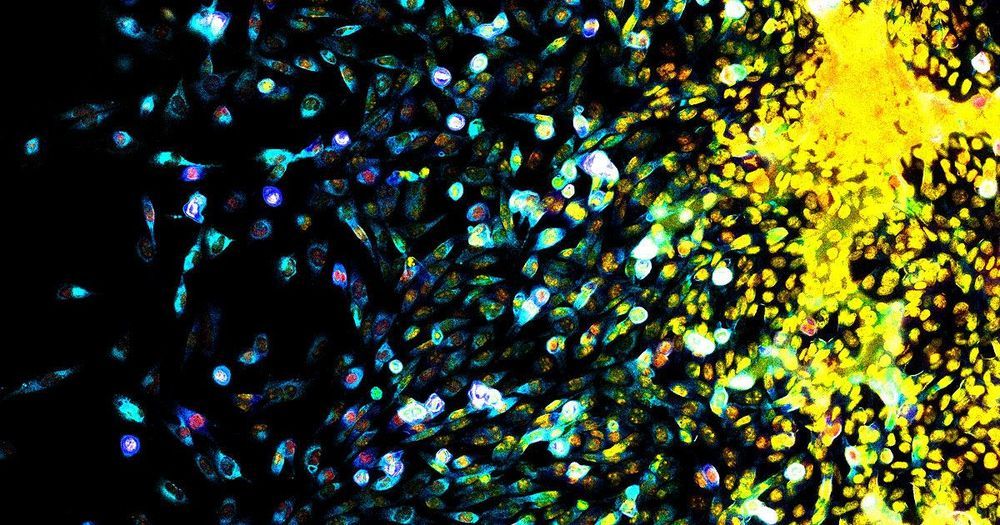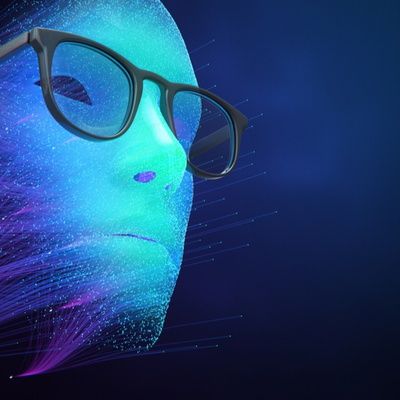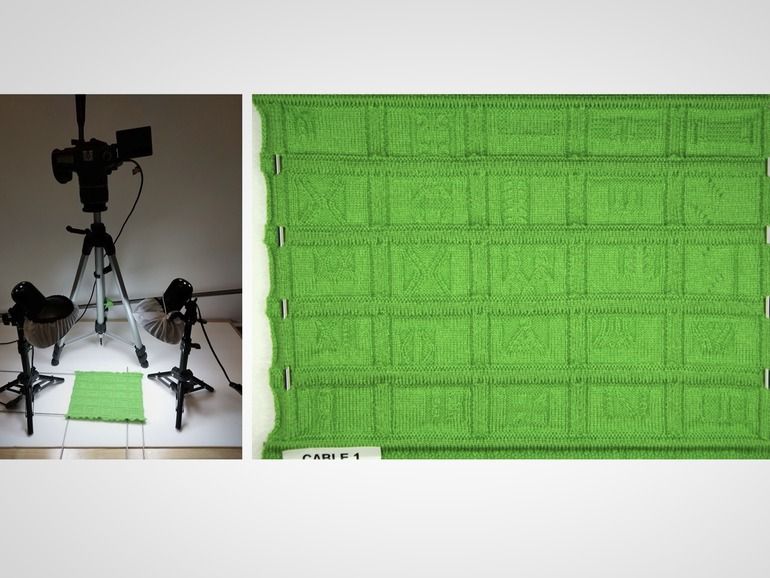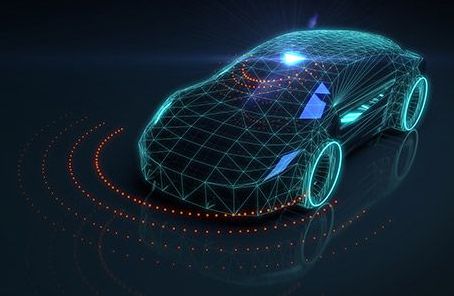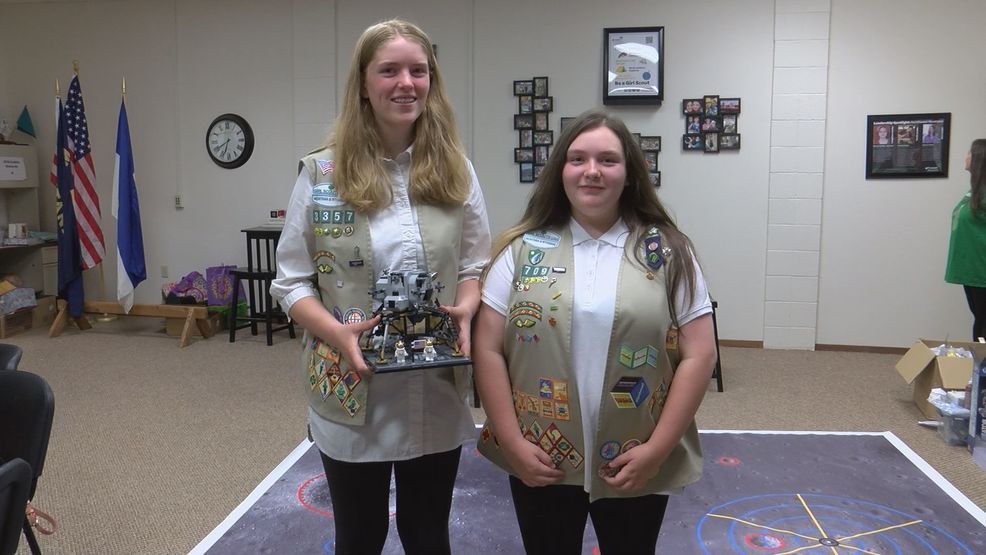IBM recently developed three artificial intelligence tools that could help medical researchers fight cancer.
Now, the company has decided to make all three tools open-source, meaning scientists will be able to use them in their research whenever they please, according to ZDNet. The tools are designed to streamline the cancer drug development process and help scientists stay on top of newly-published research — so, if they prove useful, it could mean more cancer treatments coming through the pipeline more rapidly than before.
